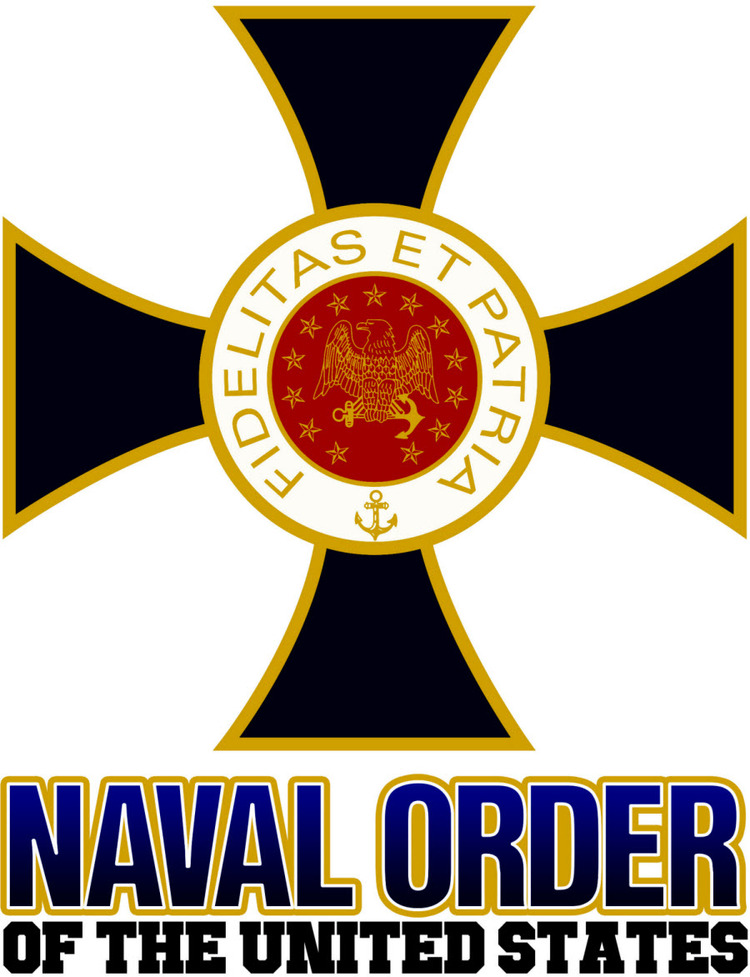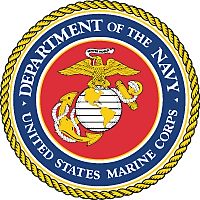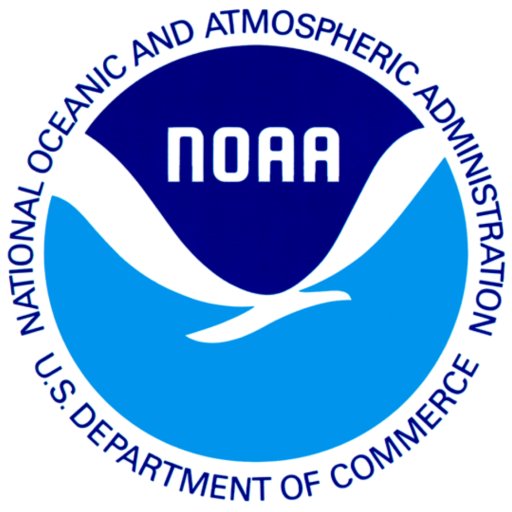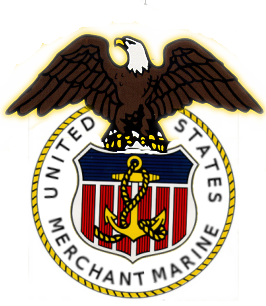Frederick W. Smith
The recipient of the 2015 Naval Order of the United States Admiral of the Navy George Dewey Award is Frederick W. Smith, founder of Federal Express and friend of the Naval Order. The Admiral Dewey Award recognizes the exemplary service of a senior civilian whose record of exemplary service sets him apart from his peers. Mr. Smith will receive the award at the Naval Order Congress in New Orleans in October 2015.
Frederick W. Smith was born in Memphis, Tennessee. The Smiths were a well-to-do family, but Frederick's father died when he was only four, and the growing boy had to rely on his mother and uncles for guidance.
While attending Yale University, Fred Smith wrote a paper on the need for reliable overnight delivery in a computerized information age. His professor found the premise improbable, and to the best of Smith's recollection, he only received a grade of C for this effort, but the idea remained with him.
After graduation, Smith enlisted in the Marine Corps and served two tours of duty in Vietnam. As the Yale-educated son of an affluent family, Lt. Smith had some adjustments to make to the realities of war, but he cherished the advice given him by a veteran Marine sergeant: "There's only three things you gotta remember: shoot, move and communicate."
While in the military, the young lieutenant observed military procurement and delivery procedures carefully, with an eye toward someday realizing his dream of a vast network dedicated to overnight commercial delivery. Smith got his chance when he left the service and started his express transport business in 1971. "I wanted to do something productive after blowing so many things up," he told an interviewer.
The young entrepreneur raised $80 million to launch Federal Express, informally known as FedEx. The delivery service began modestly with small packages and documents. On the first night of operations, a fleet of 14 jets took off with 186 packages. In the first two years, the venture lost $27 million. In a short time, the company was on the verge of bankruptcy. It appeared that Smith had lost all of his investors' money, including the capital of his own brothers and sisters. But Smith succeeded in renegotiating his bank loans and was able to keep the company afloat.
Unlike many entrepreneurs, Fred Smith is also a hands-on manager, who directs every facet of corporate strategy. He determined at the outset that FedEx was in the information business -- that knowledge about origin, present whereabouts, destination, estimated time of arrival, price and shipment cost of his cargo was as important as its prompt delivery.
Another principle Smith applied at FedEx was to make sure every employee felt they could share in the success of the company. FedEx managers are carefully trained to ensure respect for all employees, and their performance is monitored. Mangers are evaluated annually by both bosses and workers to ensure good relations between all levels of the company. Smith believes that fair treatment instills company loyalty, and that company loyalty always pays off.
Smith's professor at Yale may not have seen the need for overnight delivery, but today's business world depends on businesses like FedEx shipping all manner of goods around the globe quickly and reliably. Smith's fleet of MD11s and A300s circle the globe carrying all manner of goods: Maine lobsters, Japanese cherries, Hawaiian flowers, medicines, heart monitors, contact lenses, surgical scalpels, tennis shoes, circuit boards, fresh blood, tractor parts, auto bumpers, European fragrances, Swiss watch parts. As Smith says: "We are the clipper ships of the computer age."
In 1997, Smith acquired the $2.7 billion Caliber System, whose trucking subsidiary RPS ranked second in ground shipments, exceeded only by UPS, the United Parcel Service. The RPS fleet of 13,500 trucks increased FedEx's profit margin, because ground fleets are cheaper to operate than airplanes. It also gave FedEx the extra muscle it needed to step into the breach when FedEx competitor UPS was immobilized by a strike later that year.
Fred Smith's effort to instill company loyalty bore fruit. During the UPS strike, when FedEx was swamped with 800,000 extra packages a day, thousands of employees, many of whom had already worked a full day, voluntarily poured into the hubs a little before midnight to sort the mountain of extra packages. Smith publicly thanked them in 11 full-page newspaper ads; he also ordered special bonuses.
When the strike was over and the smoke cleared, FedEx had pulled roughly two percentage points of market share away from UPS, increasing its share of the express transportation market to more than 43 percent. While UPS faces additional labor unrest among its pilots, FedEx pilots are among the best-compensated and most contented in the industry. The stock market responded to FedEx's gains. Over the course of the year, the company's share price rose by nearly 70 percent.
Fred Smith has never allowed FedEx to rest on its laurels. Continuous improvement is one of his fundamental management principles. in the 1990s, the company installed computer terminals in the offices of over 100,000 customers and gave proprietary software to more than half a million more, enabling shippers to label their own packages. Today, more FedEx customers print their own labels directly from the FedEx web site. FedEx receives electronic notification to pick up the cargo, then ships and delivers. Competitors in the express delivery business are still rushing to catch up with FedEx's technological advances.
In 2001, FedEx made an unprecedented deal with the United States Post Office, contracting to transport large mail shipments for the Post Office, while installing FedEx drop boxes in U.S. Post Offices. Three years later, FedEx also took on international express shipments for the Post Office. That same year, 2004, FedEx purchased the document services company Kinko's, eventually renaming the business FedEx Office. At over 1,800 locations across the United States, customers can print, copy and bind their documents and dispatch them for overnight shipping from one convenient location.
Today, FedEx Express is the world's leading express transportation provider. More than 300,000 FedEx team members worldwide field a fleet of 630 aircraft and 47,000 other vehicles, delivering over 3.9 million packages every business day, to more than 220 countries and territories.
Fred Smith amassed a vast personal fortune by enabling the world of business to deliver its goods quickly, anywhere in the world. Businesses seeking to reduce the costs of maintaining large inventory are increasingly adopting "just in time" delivery practices, increasing the demand for express services like FedEx. The rise of Internet commerce and the growth of the global economy also contributed to the company's growth. FedEx capitalized on both of these trends, with proprietary software for Internet catalogue service, and the completion of facilities in the Philippines, Taiwan, France and China. Around the globe, communications and transport continue to develop along the lines Fred Smith predicted in his term paper nearly 50 years ago.
During the Naval Order’s efforts to erect a statue of Fleet Admiral Chester Nimitz at Pearl Harbor in 2013, Mr. Smith transported the pedestal and statue from Oregon to Pearl Harbor at no cost to the Naval Order. The statue now stands at the entrance to the causeway to the USS MISSOURI Battleship Memorial.
Mr. Smith, the Naval Order of the United States salutes you!






